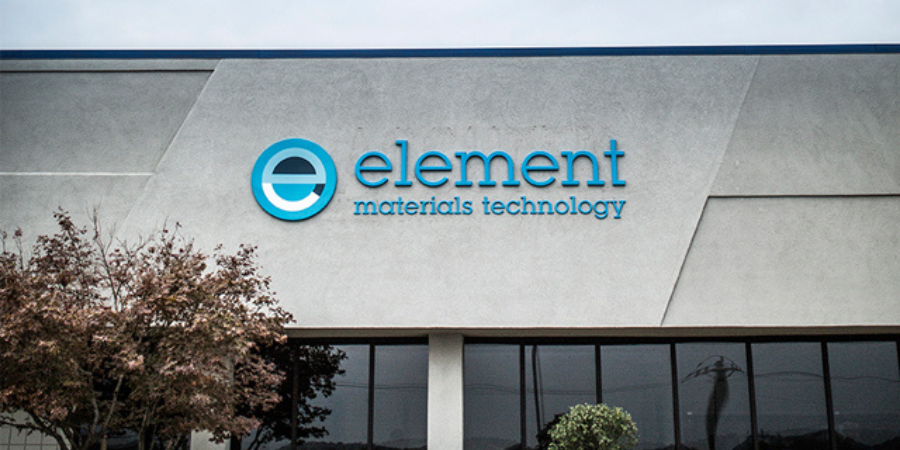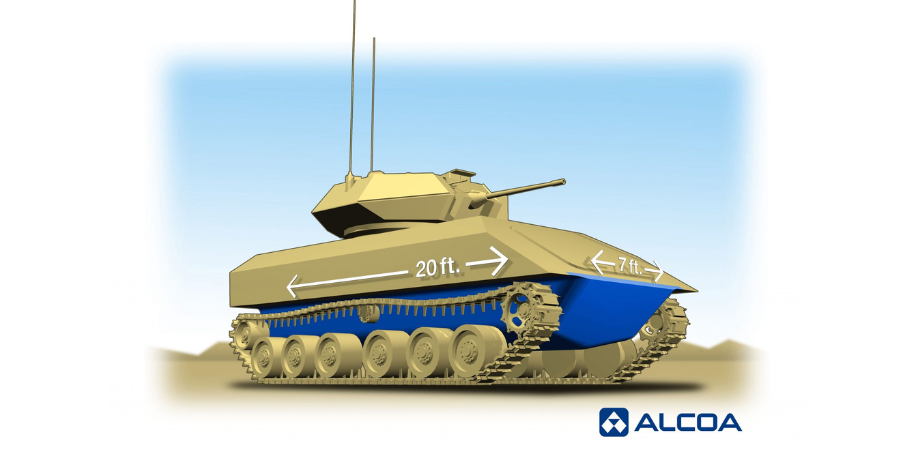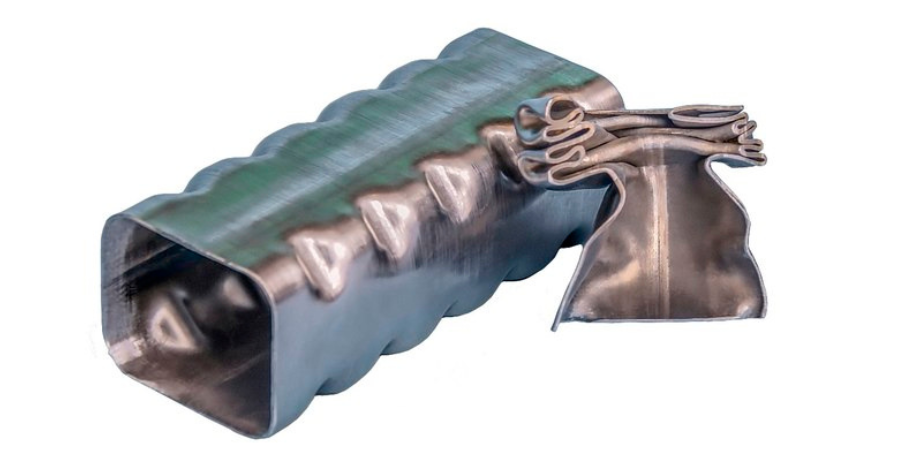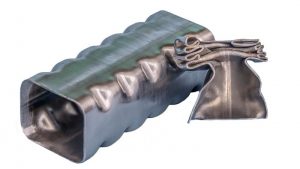Element Launches World-Leading Material Testing, PQT Facility
Following significant capex investment, Element Materials Technology has launched its newly expanded and upgraded Cincinnati, Ohio, facility, as one of the largest independent materials testing and product qualification testing (PQT) service facilities in the U.S. The former-Accutek location has expanded to 62,000ft2 and now provides specialist testing to both the aerospace and medical device sectors and houses three of Element’s Global Centers of Technical Excellence delivering critical testing services to these sectors.
Charles Noall, president and CEO of Element, comments: “Our investment at Element Cincinnati marks a significant step towards securing our position as the strategic partner of choice for our clients in the aerospace and medical device industries. We are committed to developing Centers of Technical Excellence across our global platform, allowing us to deliver market-leading technical expertise where needed by our partners, from aerospace primes to leading medical device manufacturers.”
Element Cincinnati is a world-leading ceramic matrix composite (CMC) Center of Technical Excellence, that is equipped with market-leading environmental controls, high temperature facilities (up to 2,400°F) and doubled capacity in CMC testing, to support its major clients in the development of the next generation of aero engines. The laboratory also houses the Element Group’s Center of Technical Excellence in low-cycle fatigue (LCF) testing, which tests aerospace forgings for airframers and their supply chain partners. Finally, the laboratory also contains the group’s medical device testing center of Technical Excellence that offers a comprehensive range of 21 test methods including accelerated aging testing capabilities and mechanical testing for physiological studies for new spine, knee and hip wear simulator evaluations.
Rick Sluiters, Element’s executive vice president, aerospace, comments: “Our investment at Element Cincinnati allows us to act as a strategic partner to primes and OEMs working at the forefront of CMCs for the aerospace sector. The CMC Center of Technical Excellence provides testing services to respond to the industry’s most demanding challenges through the laboratory’s market-leading environmental controls. The increase in quality of environmental controls also gives us a very tight tolerance, allowing for highly accurate measurement of straining of CMCs.
“The investment also enhances the location’s medical device capabilities, with the mechanical, biological and related testing services allowing us to act as a full-service testing provider for clients. Element Cincinnati is a leading center for Medical Device testing and its newly expanded scope of accreditation underlines our commitment to acting in strategic partnership with key clients.”
Element Cincinnati is Nadcap and ISO accredited, as well as having an impressive range of Original Equipment Manufacturer (OEM) approvals, including GE Aviation, Snecma, MTU, Honeywell, Kawasaki Heavy Industries, Rolls-Royce (Germany, U.K., and U.S.), Pratt & Whitney, and Bell Helicopter.
Element Launches World-Leading Material Testing, PQT Facility Read More »









 [Best of the Web] Source:
[Best of the Web] Source: